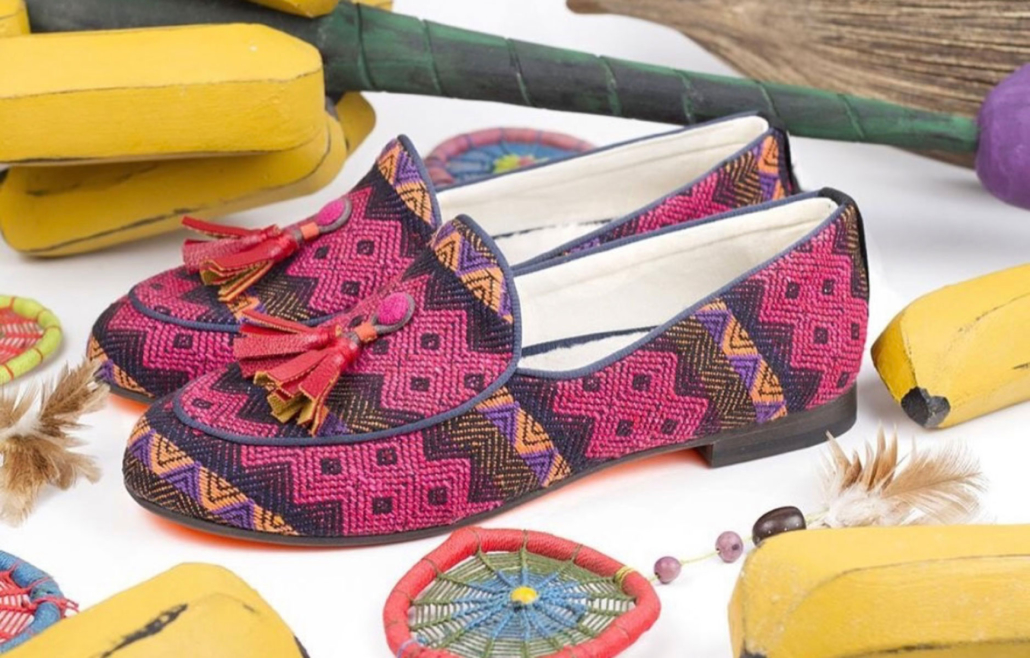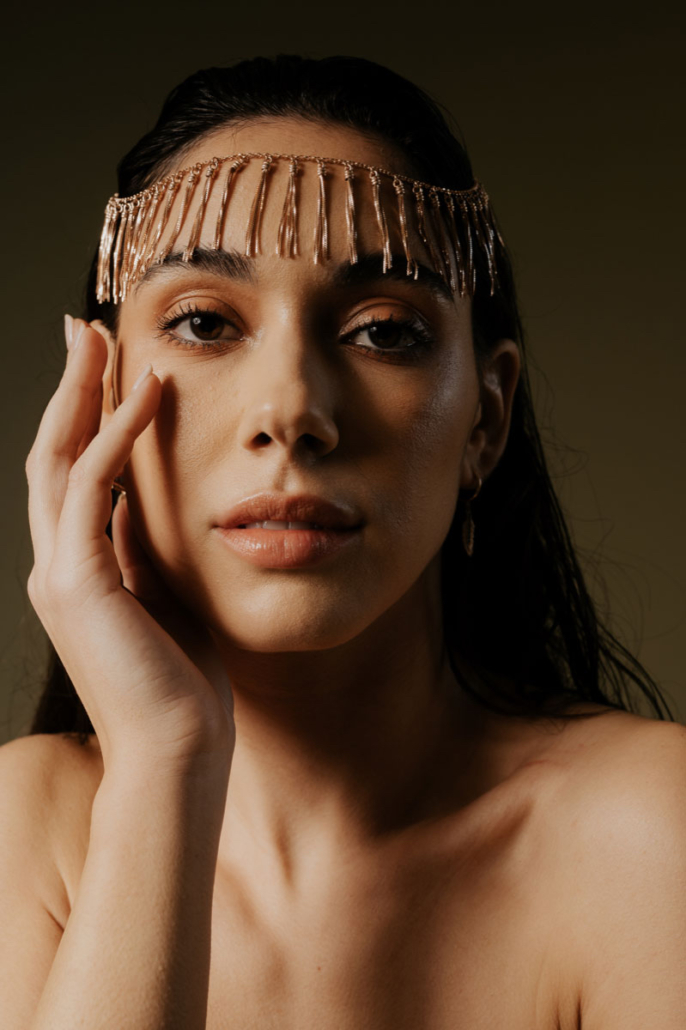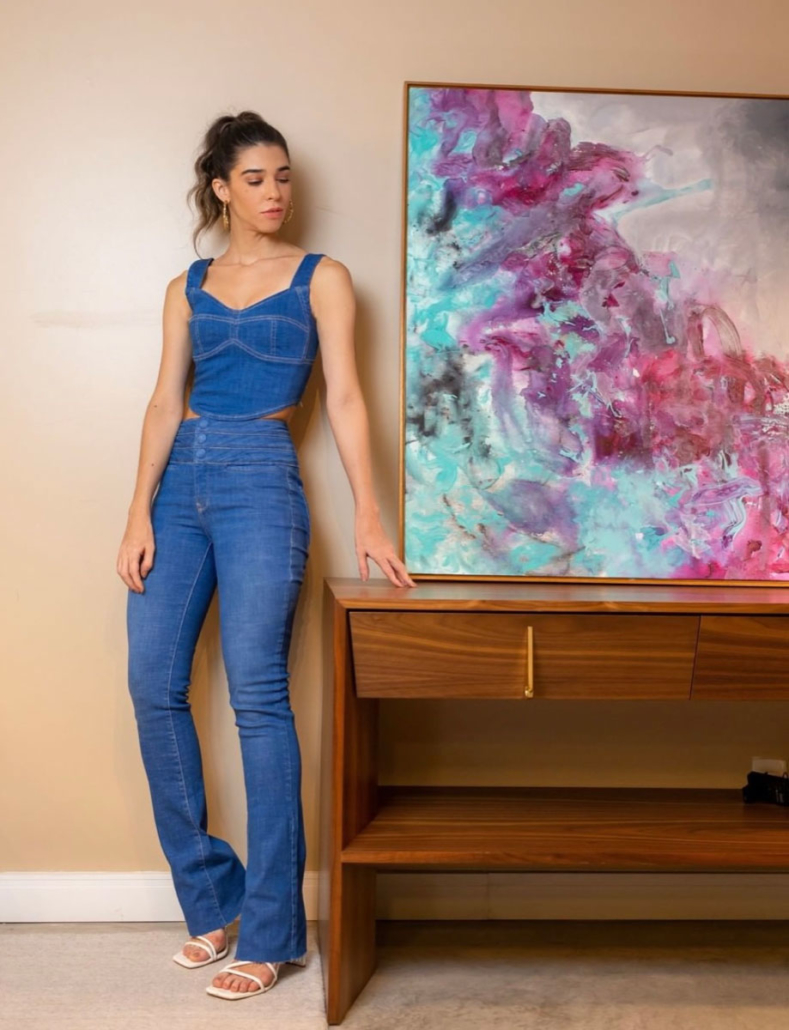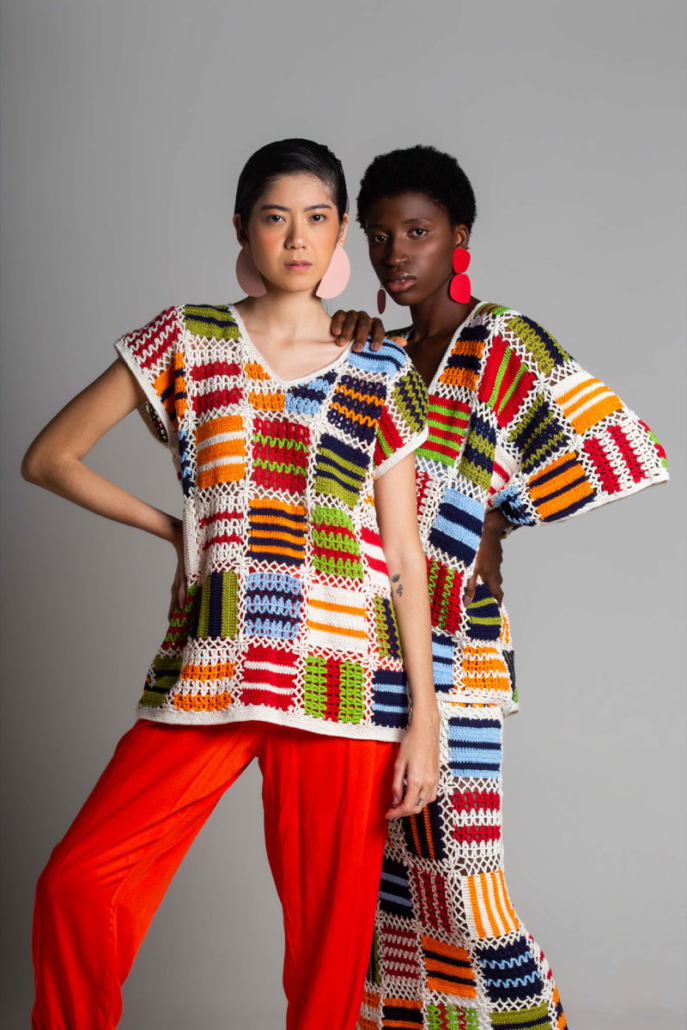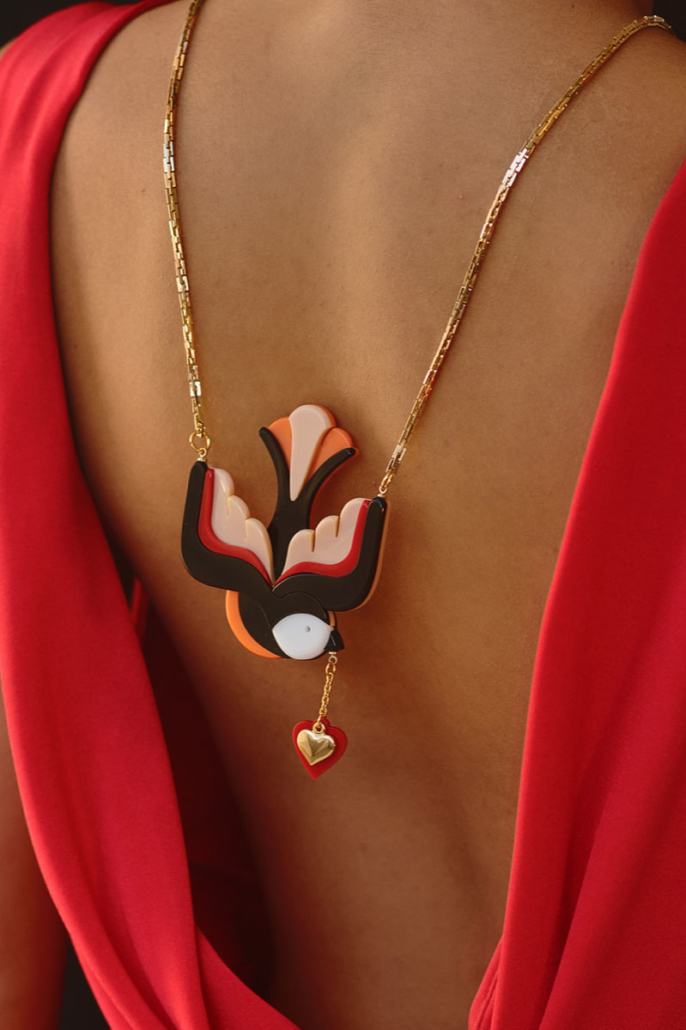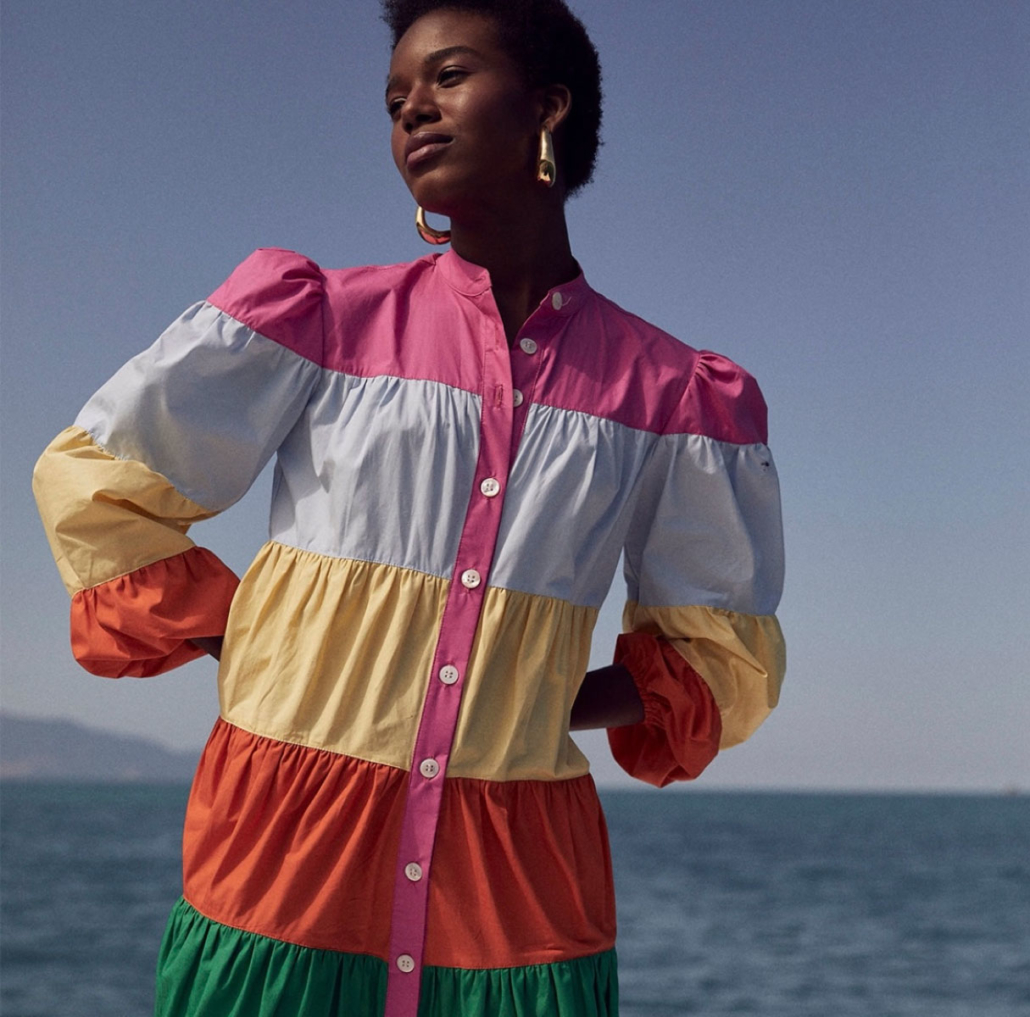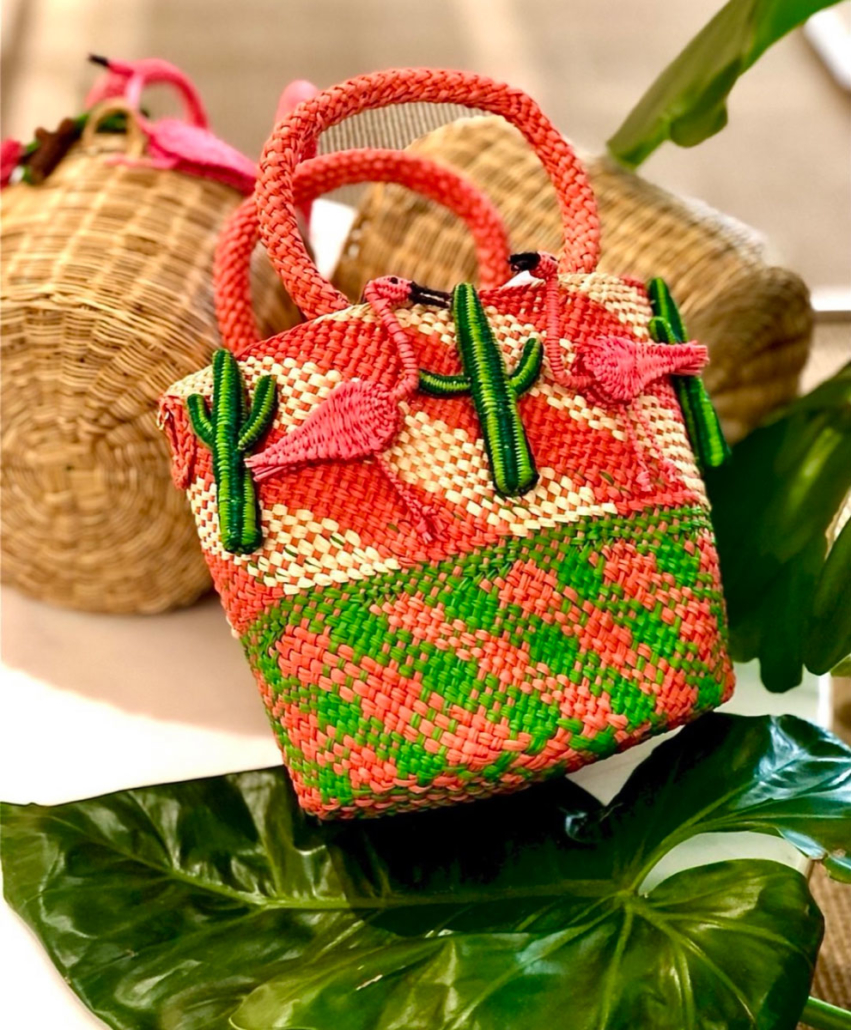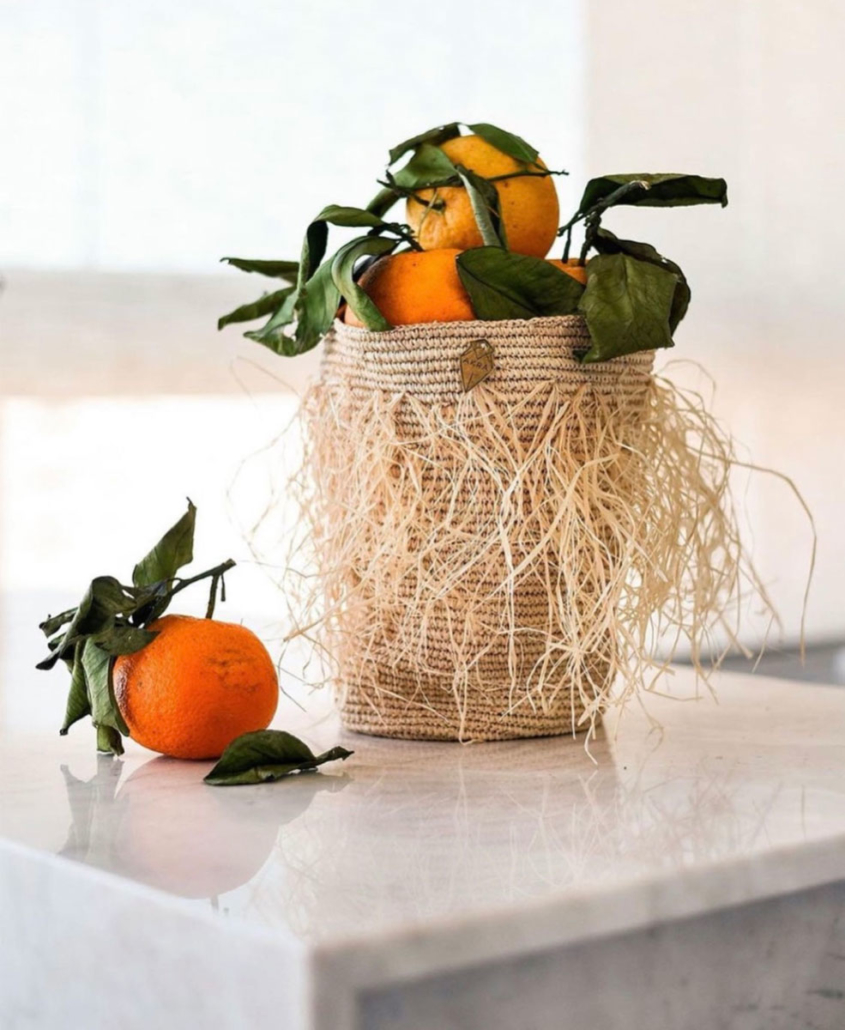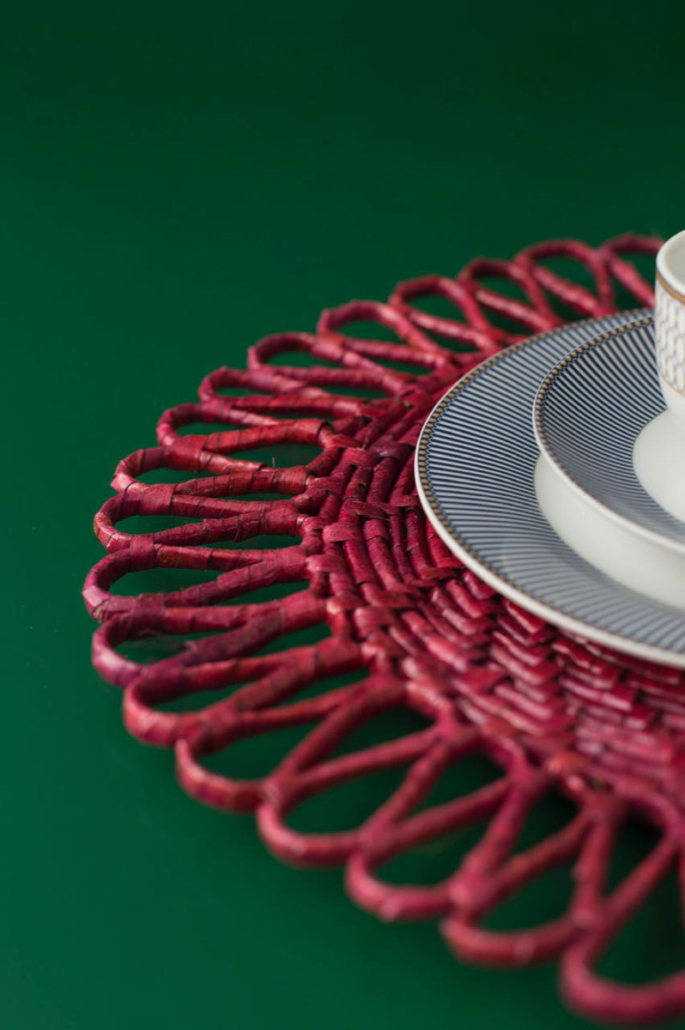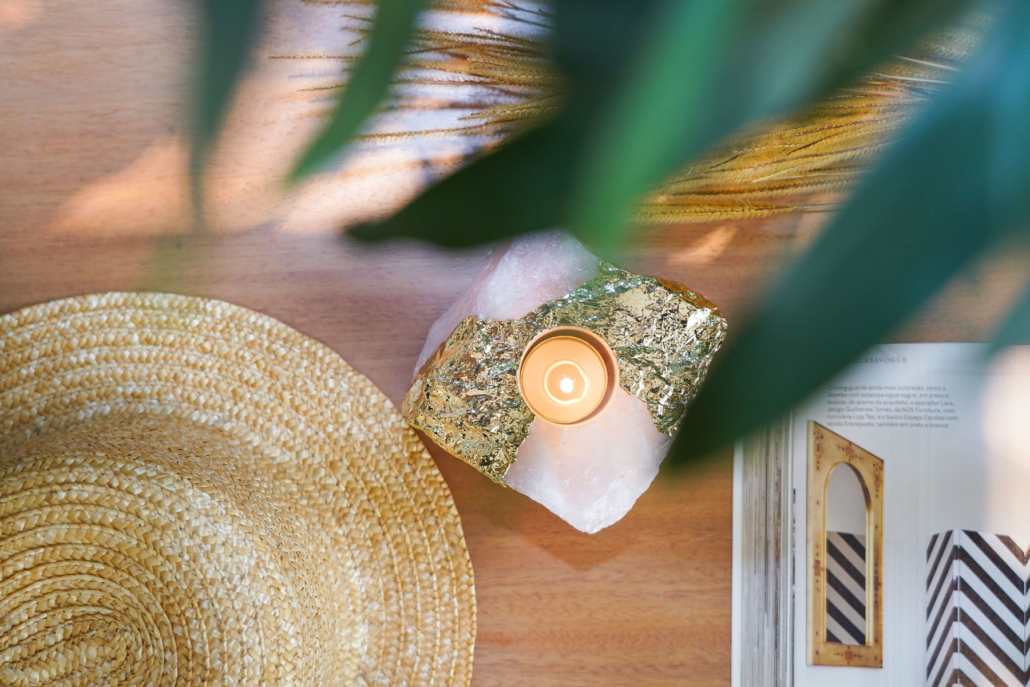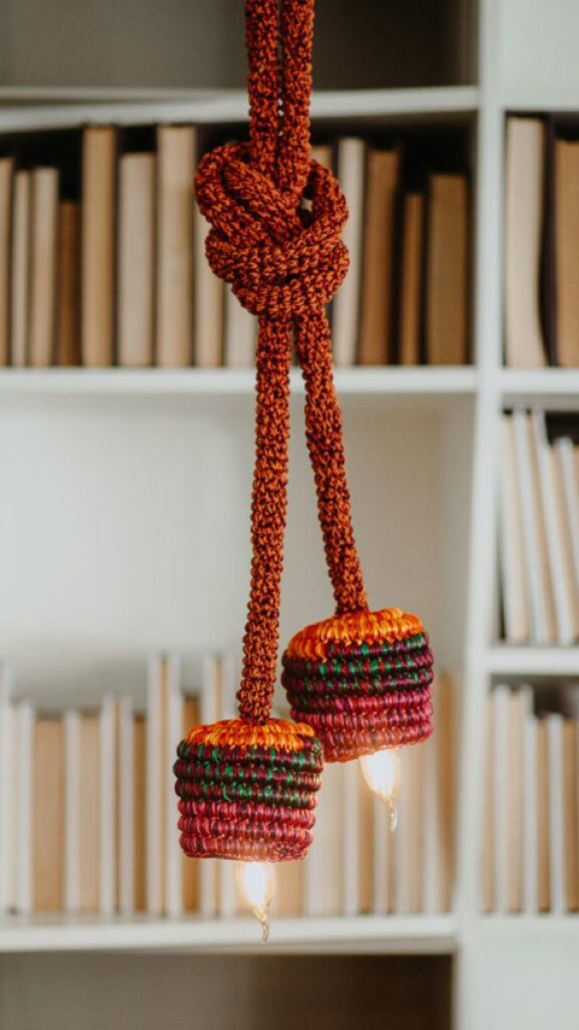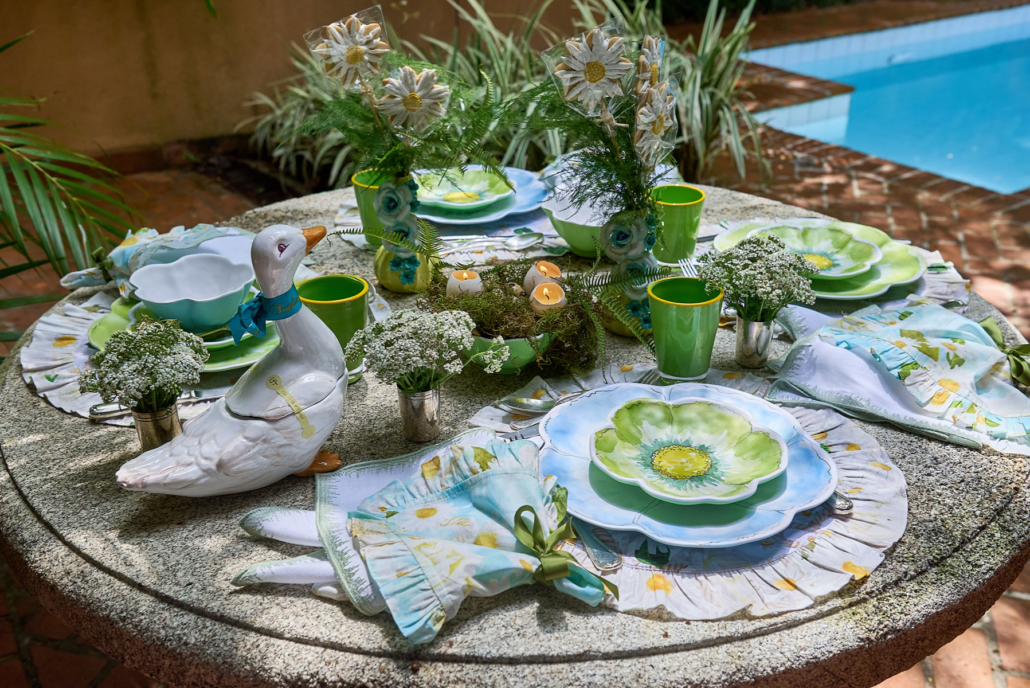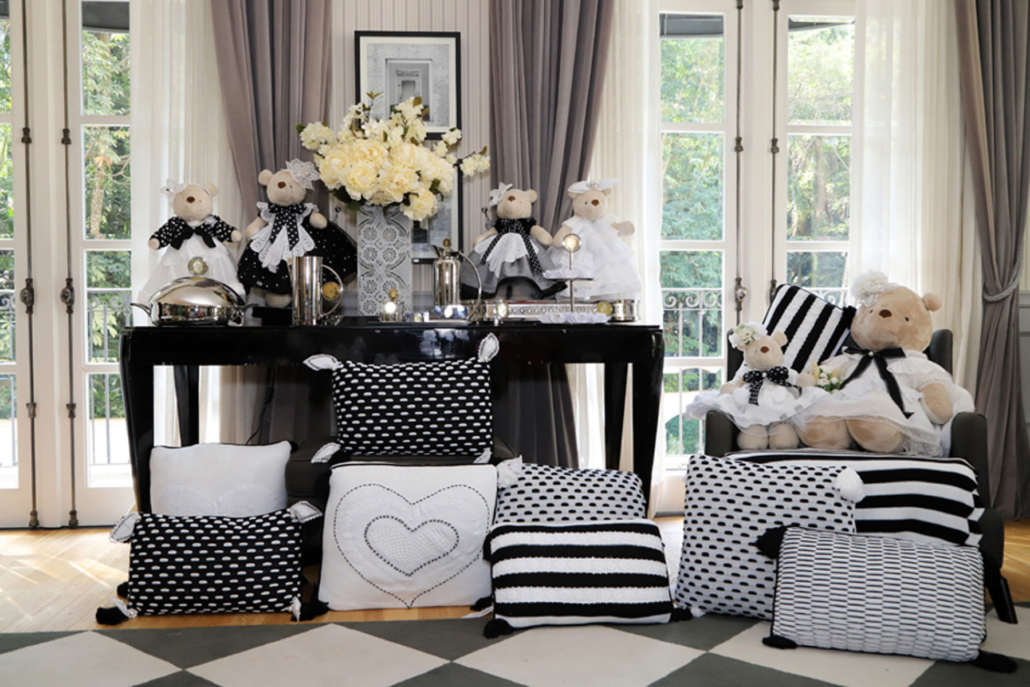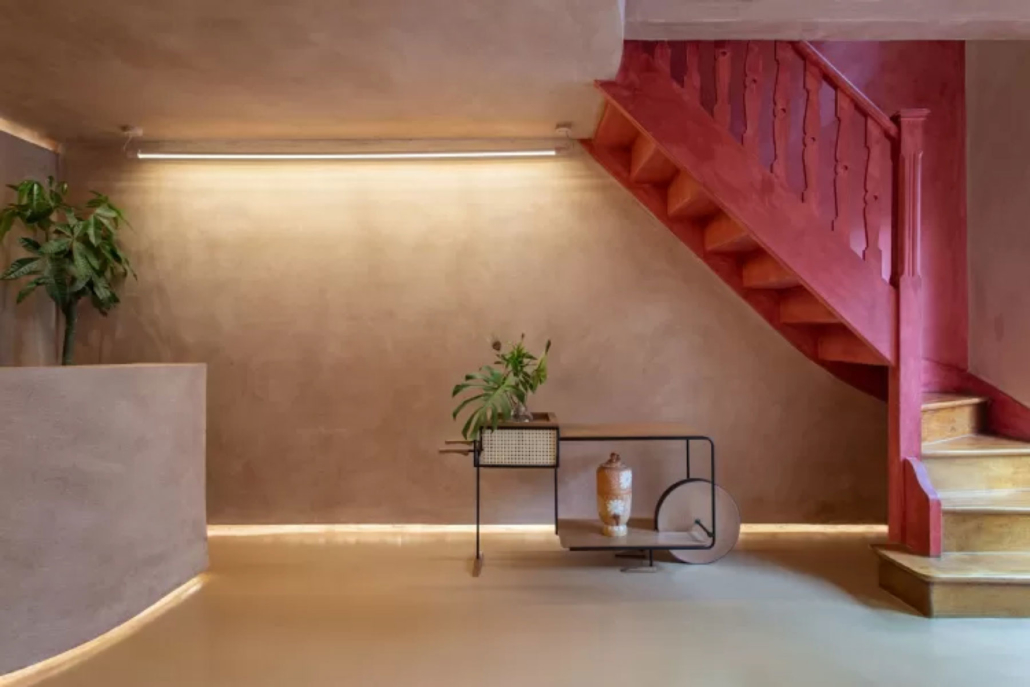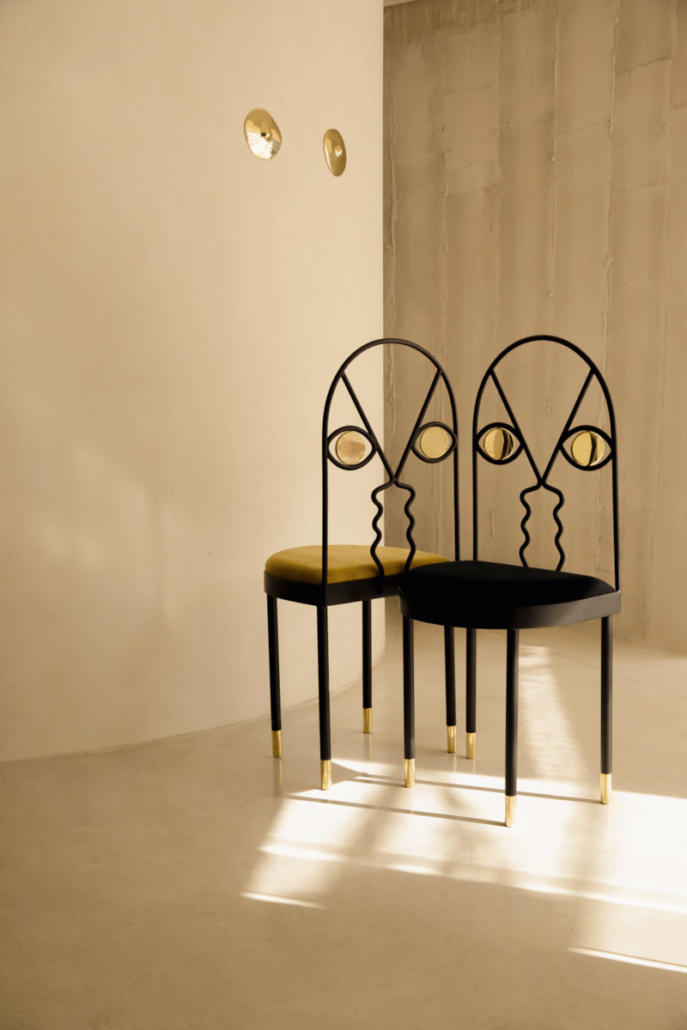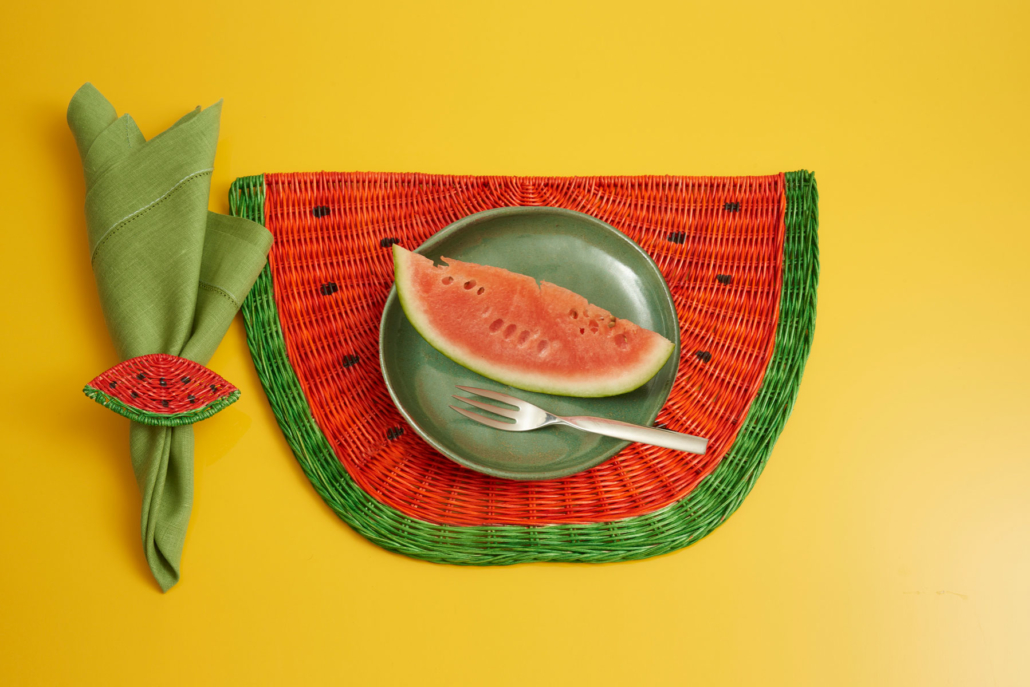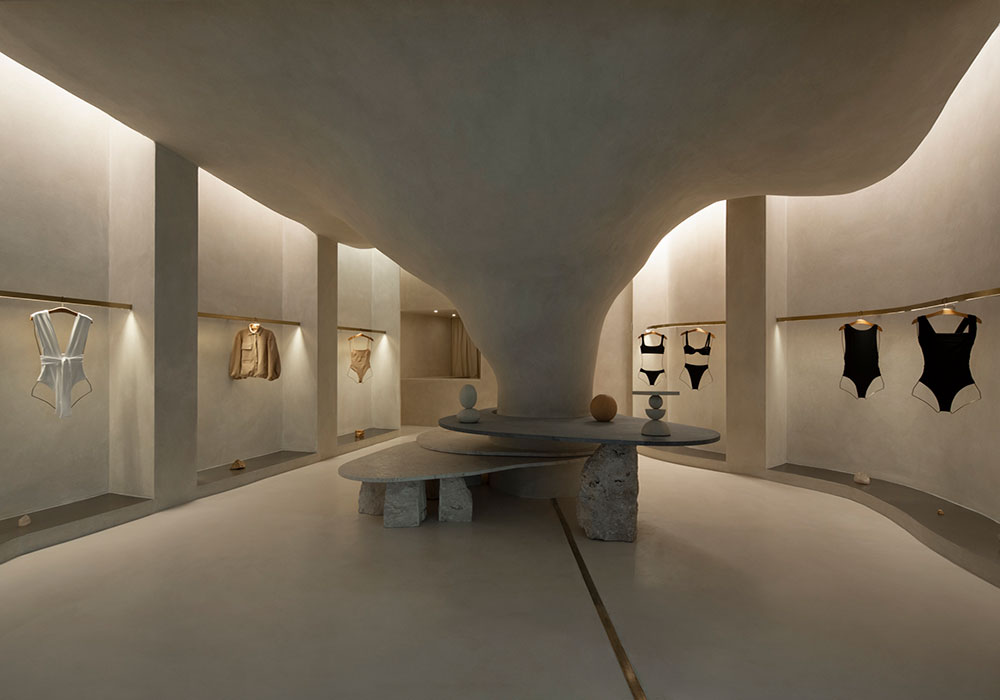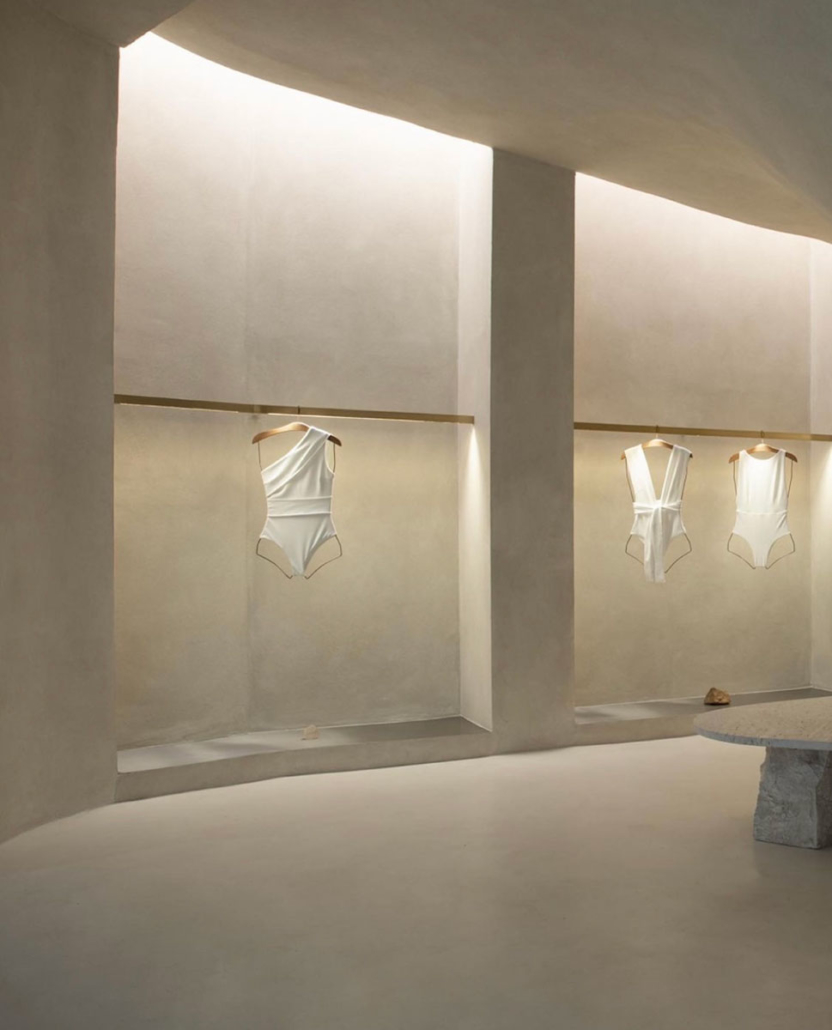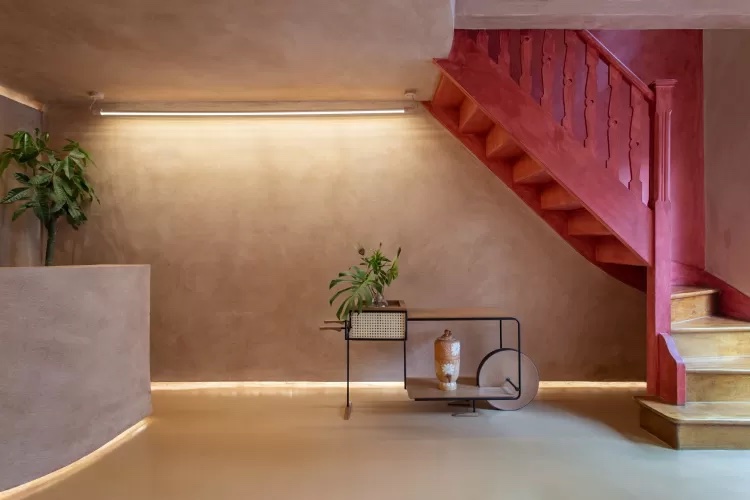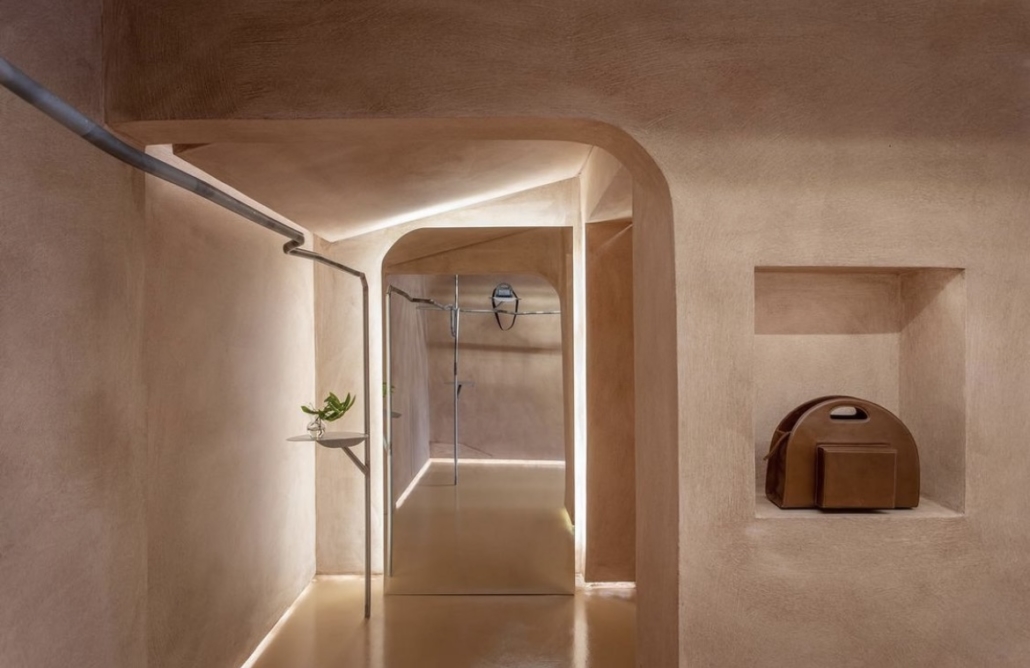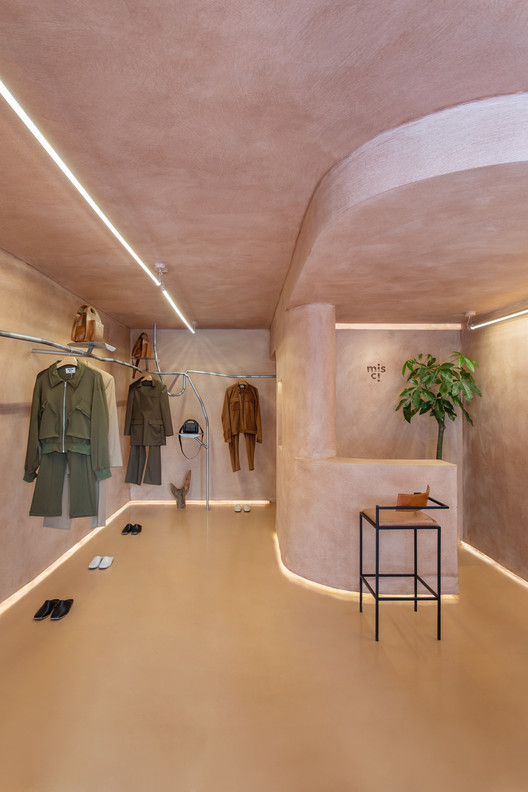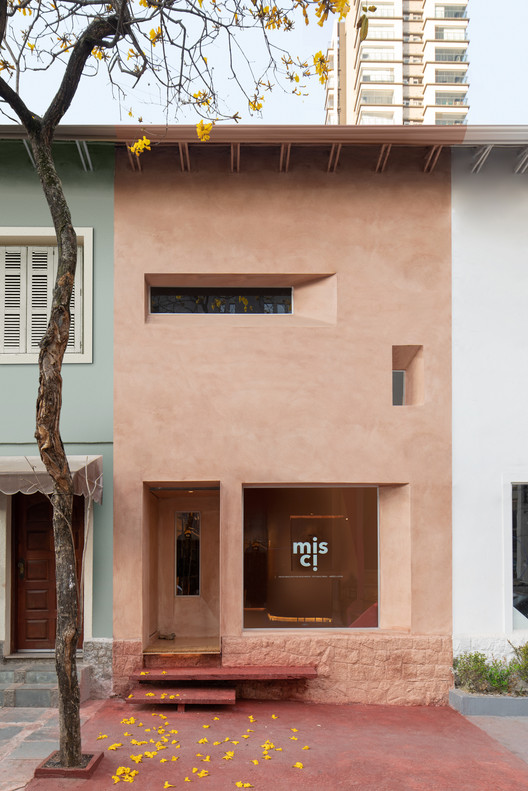The fashion internationalization program Fashion Label Brasil presents an extension to 2022 and new target markets.
Fashion Label Brasil, a program for the internationalization of Brazilian fashion, which is a partnership between Abest and Apex-Brasil, presented successful indicators in 2021 and selected its new target markets for the next agreement, which will begin in the third quarter of 2022.
The current agrément, extended until April 2022, promotes the positioning of Brazilian fashion abroad, valuing the image of an innovative and contemporary country through professional training, commercial intelligence, branding, and business actions.
Apex-Brasil Sectorial Project
Apex (Brazilian Trade and Investment Promotion Agency) sectoral projects support activities to develop the exporting capacity of companies and promote Brazilian industry in the foreign market.
This support is carried out through initiatives such as business missions, business rounds, support for participation in international fairs, and visits by foreign buyers to Brazil.
The work for the next agreement to take place has already begun and a strategic plan will be put together so that Fashion Label Brasil can provide international support to an increasing number of value-added brands.
The main markets for the next agreement, starting in June 2022.
1. United States of America
2. France
3. United Arab Emirates
4. Japan
5. Italy
6. China
7. United Kingdom
8. Saudi Arabia
USA
The USA is one of the leading nations in the textile and fashion industry. In addition, New York promotes one of the main fashion weeks in the world, with fashion shows, events, and fairs.
In 2021, Fashion Label Brasil and Azzi+Co promoted a Press Day at the New York Fashion Week, on September 16th and 17th. Read more…
Always with superlative numbers, the USA is the largest importer within the sector (US$6.9 billion), being the main destination for Brazilian exports (US$8.3 million), sportswear (US$70 thousand), ready-to-ship designer apparel (US$13.6 million), as well as also being the place with the largest consumer spending within the apparel sector in 2020 (US$13 billion).
FRANCE
Paris, the world’s fashion capital has one of the most disputed fashion weeks, with side events, fairs, and showrooms. Thus, it serves as an important showcase not only for France, but for buyers all around the world.
France was the 2nd largest importer within the sector in 2019 (US$3.6 billion), with the second largest growth (abs.) between 2015-19 (+US$976 million). They are already consumers of Brazilian products, being the 3rd largest destination for Brazilian exports (US$1.6 million) and the 4th largest market for designer apparel (US$6.9 billion) and beachwear (US$765.9 million).
UNITED ARAB EMIRATES
The initiative creates international accessibility and business opportunities for Brazilian industry and the Middle Eastern market.
“Brazil has great potential, and we want to break into the Arab market, which has a demanding public with high purchasing power and who are constantly searching for different and original products. We believe that Brazilian fashion can meet these demands and that is why we chose AFW to present Brazil Noble, a fashion event that adopts the same values that we are taking there. Mainly because it is the only official fashion week in the world that promotes ready-couture and pre-collection, responsible for defining the international luxury fashion industry in Dubai and in the Arab world,” Vincenzo Visciglia, founding partner of AAVVA Fashion.
The UAE are the 2nd largest CMA of consumer spending between 2016-20 (+3.6%), the 3rd largest in symmetrical relative import vocation and the 7th largest market for swimwear in 2020 (US$485.7 million).
JAPAN
Brazil’s 7th main trade partner: with a demanding consumer that is focused on quality, sustainability and luxury, the Japanese market has a lot of growth potential in the post-covid-19 recovery of the world’s economy.
ABEST and ESPM Global Jr – SP promoted a market study of Japan in 2021. The research presented macro and microenvironmental data on the trade relationship between Japan and Brazil. It pointed out opportunities for expanding Brazilian exports in the fashion market.
Japan exported US$4.127 billion of Brazilian products in 2020 and imported approximately US$2 billion (global). The most relevant category in the fashion sector was knitted or crochet t-shirts, with US$193 thousand exported (2% share).
Japan remains the 4th largest importer in the sector (US$3.5 billion), the 3rd largest market for sportswear (US$8.2 billion) and the 3rd largest market for designer apparel (US$7.1 billion).
ITALY
Italy is one of the greatest global fashion references, with the Milan Fashion Week, great designers and fashion schools, events, and fairs.
The country was the 5th largest importer in the sector in 2019 (US$2.7 billion), with the 3rd largest growth (abs.) between 2015-19 (+US$761.3 million). It also represents the 5th largest market for designer apparel (US$5.8 billion) and beachwear (US$710.9 million) and the 5th largest destination for Brazilian exports (US$1.2 million).
CHINA
A major global power and with one of the largest consumer populations in the world, China has the highest CMA of total imports between 2015-19 (+16%). It is the 4th largest CMA of Brazilian exports between 2015-19 (+46.5 a.a), the largest outdoor apparel market (excluding jeans) (US$148.5 billion) and the largest in growth projection (abs) of the apparel market 2021-25 (US$67.2 billion).
UNITED KINGDOM
According to data from the Department of Culture, Media, and Sport (DCMS) in Great Britain, the United Kingdom is the 6th largest country in the world that exports creative goods. Considered a global business center where people and companies from all over the world are connected and one of the great exponents of the world’s creative economy, it has among its main attractions and infrastructure, connectivity, and benefits that the country offers for growing businesses.
It was the 2nd largest destination for Brazilian exports in 2020 (US$2.3 million), with the 2nd largest growth between 2015-19 (+US$1.4 million). It is the 4th largest market for handbags (US$1.1 billion) and the 5th largest market for outerwear (US$30.5 billion) and sportswear (US$5.9 billion).
SAUDI ARABIA
Exclusive prints, handcrafted works, colors, and concepts of sustainability and creativity of Brazilian fashion won over the Saudi Arabian consumers.
The country is the 6th largest CMA of consumer spending (1.5% p.y), the 8th largest symmetrical relative import vocation and the 10th largest growth (abs.) of total imports in the sector (+US$294.4 million).
O País é o 6º maior CMA dos gastos do consumidor (1,5% a.a), a 8ª maior vocação importadora relativa simétrica e o 10º maior crescimento (abs.) das importações totais do setor (+US$ 294,4 mi).
Source: Apex-Brasil
About Fashion Label Brasil
Fashion Label Brasil, a Fashion Internationalization Program of Added Value, was created over 17 years ago by ABEST in partnership with Apex-Brasil. Our proposal is to position the image of Brazilian fashion abroad, enhancing the image of an innovative and contemporary Brazil. The program has strategic and commercial promotion activities aimed at the various segments of Brazilian fashion, for both men and women, such as beachwear, activewear, footwear and accessories and jewelry, helping them to expand their operations to the international market.
About Apex-Brasil
The Brazilian Trade and Investment Promotion Agency (Apex-Brasil) works to promote Brazilian products and services abroad and attract foreign investment to strategic sectors of the Brazilian economy. To achieve these goals, Apex-Brasil carries out diversified trade promotion actions aimed at promoting exports and valuing Brazilian products and services abroad, such as commercial prospective missions, business roundtables, support for the participation of Brazilian companies in major international fairs, visits by foreign buyers and trend setters to get to know the Brazilian productive structure, among other business platforms that also aim to strengthen the country’s brand. Learn more: www.apexbrasil.com.br.
#FashionLabelBrasil #FashionLabel #FLB #Apex #ApexBrasil #Prorrogação #MercadosAlvo
